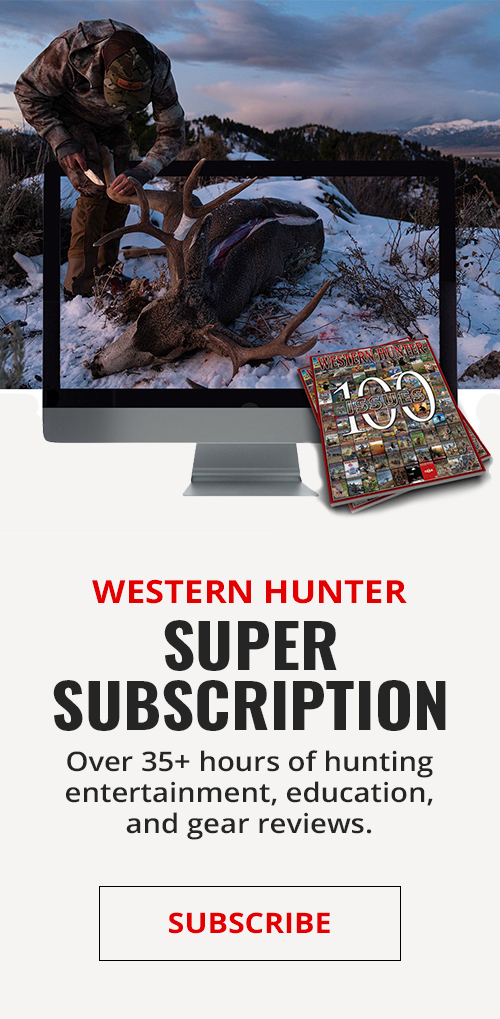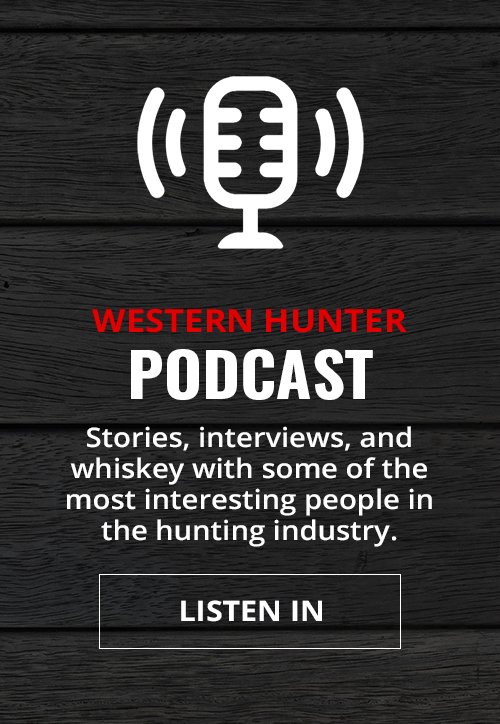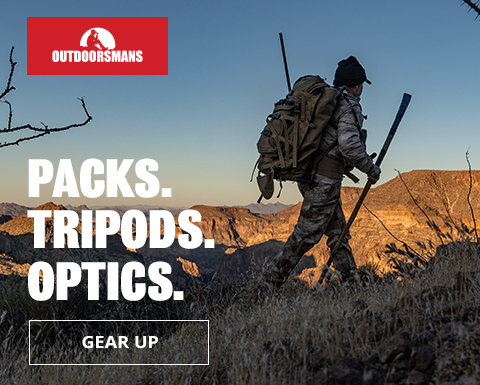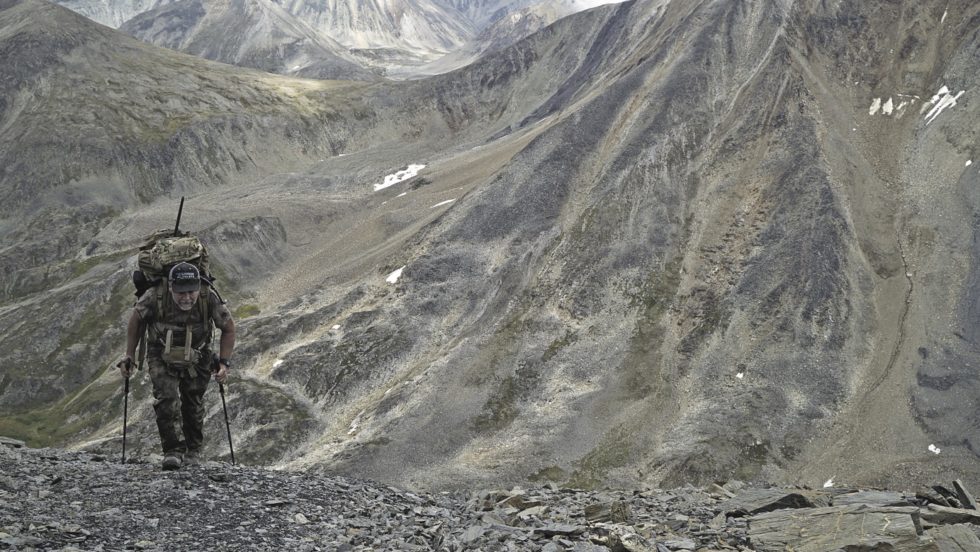
NOTICE: Certain links on this post may earn a commission for Western Hunter Magazine from Amazon or our other affiliate partners when you make a purchase. Thank you for your support.
Fitness Over 50
We write a lot about physical fitness and nutrition in the pages of Western Hunter. At 57 years of age, I am convinced that physical and emotional health are the most critical components to truly enjoying a hunt. The older we get, the more likely we are to be able to afford out of state hunts, the best gear, and maybe even a fancy trailer, but without ability to climb the mountain we will be stuck hunting close to the road and less likely to experience the adventure.
The Obstacle
Men and women usually reach the peak of their physical potential in their early 30s. By age 35, testosterone production begins to decline in both genders so that our metabolism slows, bone loss begins, and we start to lose muscle mass. The good news is that most of us never reached our potential by 35! If you did, well, congratulations. You have a great start on a long and healthy life. For the rest of us, we have some work to do to reverse the effects of aging and create our own standard for a healthy life.
I started guiding hunts in my late 30s but by my mid 40s, I backed off guiding substantially to focus more on my business. Even though I kept exercising, I couldn’t replace the 90 days in the field guiding hunts. That, combined with a slowing metabolism, meant that within a few years I was 40 pounds overweight and not even close to “mountain shape”. I knew the answer was simple…diet and exercise, but my journey would be a mental and physical challenge.
You Can’t Out-Exercise the Wrong Diet
By the standard of the time, my diet appeared to be good. I ate lots of whole grains, fruits, vegetables, game meat and kept fat intake to a minimum. My wife is a physician and has stayed on top of current research regarding nutrition. About that time, some astute medical professionals began to question the validity of the traditional food pyramid and were recommending a low carbohydrate diet with an increase in quality proteins and fat. I was mad! No more pasta, breads, pancakes, waffles or cinnamon rolls and no sugar…are you kidding me? But within weeks I started to drop a few pounds and two years later I was down 35 pounds.
You may have heard the saying, “You can’t out exercise a bad diet.” From the outside looking in, most people would say that I was not eating a bad diet (minus the cinnamon rolls), and I would agree, but it was just the wrong diet for me. Americans are unique in that the majority of us have a wide mix of genetic history and we will respond to foods differently. If you feel that your diet is pretty good, but you still can’t shave the unwanted weight, then it is most likely just the wrong diet for you.
The one universal problem is sugar and simple carbohydrates which are converted quickly into glucose by the body. The rush of glucose causes insulin levels to spike and crash which is a setup for chronic disease, mood issues, weight gain and much more. We were just not designed to have high levels of glucose in our system on any regular basis. The problem is that carbs are a drug, we literally develop a dependence and crave the high (instant energy) that they provide. We can free ourselves, but like any addiction we must first recognize that it exists, then fight to regain that control. Don’t eat sugar! Before you eat carbohydrates make sure they contain high levels of fiber and vitamins. (Think vegetables, people.)
The short answer: “Eat meat and vegetables, nuts and seeds, some fruit, little starch, and no sugar. Keep intake to levels that will support exercise but not body fat.”- CrossFit.com
Getting Fit
The journey back to strength should be a life-long journey, not a sprint. In my case, it took four years before I felt strong again. Before you start a rigorous exercise plan, I would recommend you get a full medical check-up, including blood work. Once you have the go ahead, start slow, even if that means a daily walk. Listen to your body. Muscle soreness is to be expected but real pain can be a sign of injury.
Find a Coach
There are literally hundreds of online exercise resources. The Wilderness Athlete Journal (wildernessathletejournal.com) has numerous workouts with video tutorials for any performance level. Train to Hunt offers a free four-week training plan (traintohunt.com/training) that you can do at home with your hunting pack, a sandbag and something sturdy to step up on. (I use a Canyon Cooler ice chest.) Keeping it simple is good! As hunters, we are walking long distances and with weight on our back, then hopefully we are picking up heavy stuff from the ground and carrying it back to camp. Any exercise that mimics these movements is a step in the right direction.
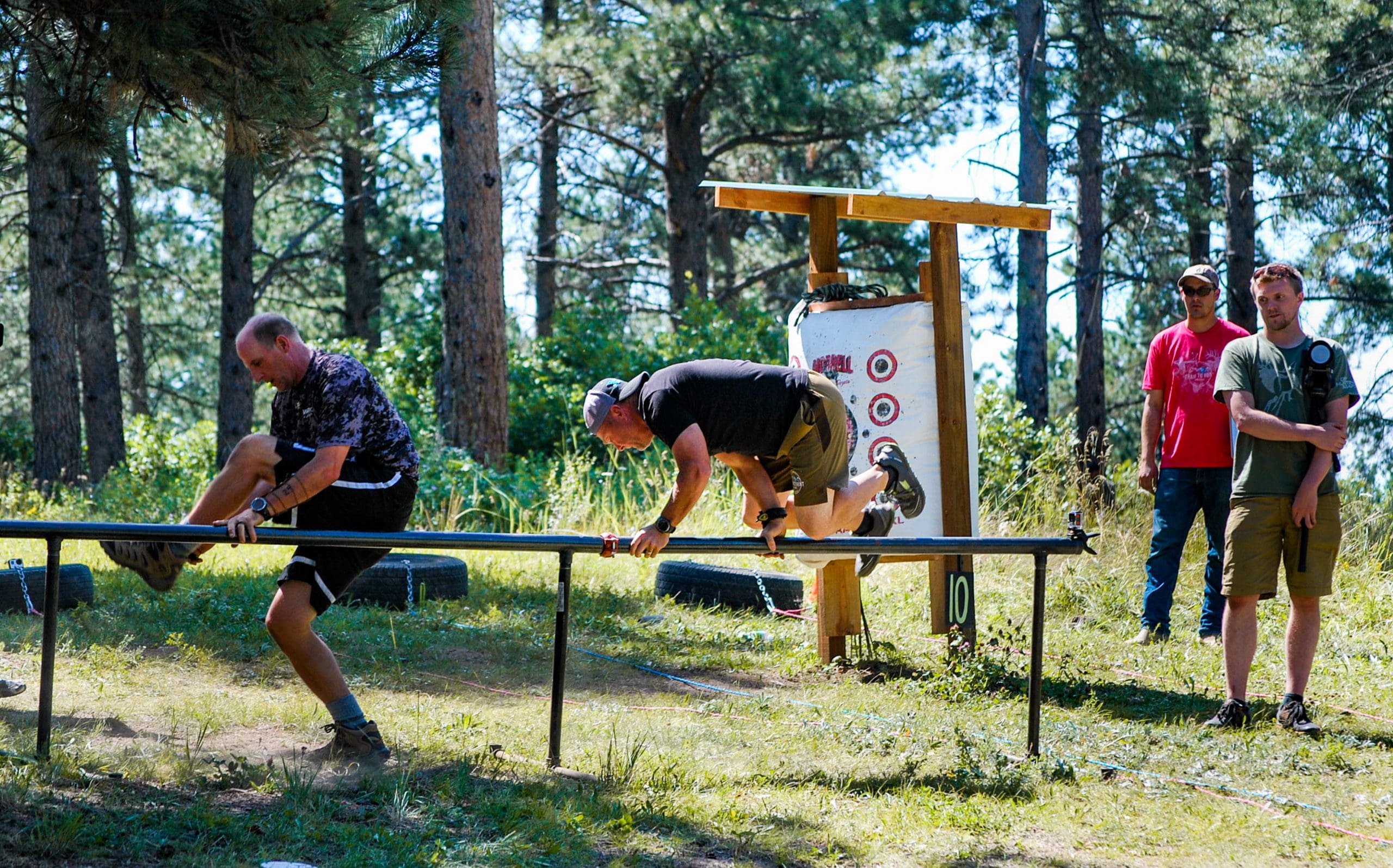
I heard of CrossFit many years ago, but it sounded too extreme for me. After lots of hazing from my kids I finally signed up for a six-week trial membership and have never looked back. I did not understand that every workout could be scaled down to my strength and fitness level. Now, I get up in the morning, drink my cup of coffee and head to the gym. There I find a group of like-minded people, a pre-written workout and a coach who keeps me accountable and will make sure I perform the exercises correctly. I have “dropped in” to multiple CrossFit gyms around the west and they have all offered an excellent experience.
Staying on Track
The older we get, the slower our bodies recover from…well everything. Nothing can derail a fitness plan faster than an injury. The rule of thumb is that for every week lost to injury it will take that amount of time to get back to your pre-injury fitness. At 25 years old, a pulled muscle can heal in less than a week, so about two weeks lost. At 50 it may take up to three weeks to get back to full workout load, so that makes six weeks lost. If you manage to blow up a knee, you could take an entire year to recover! A good coach can help you avoid injury, but you have to take responsibility for your own body. It is okay to push your limits, but you must first acknowledge that you have limitations and what they are. Stay healthy!
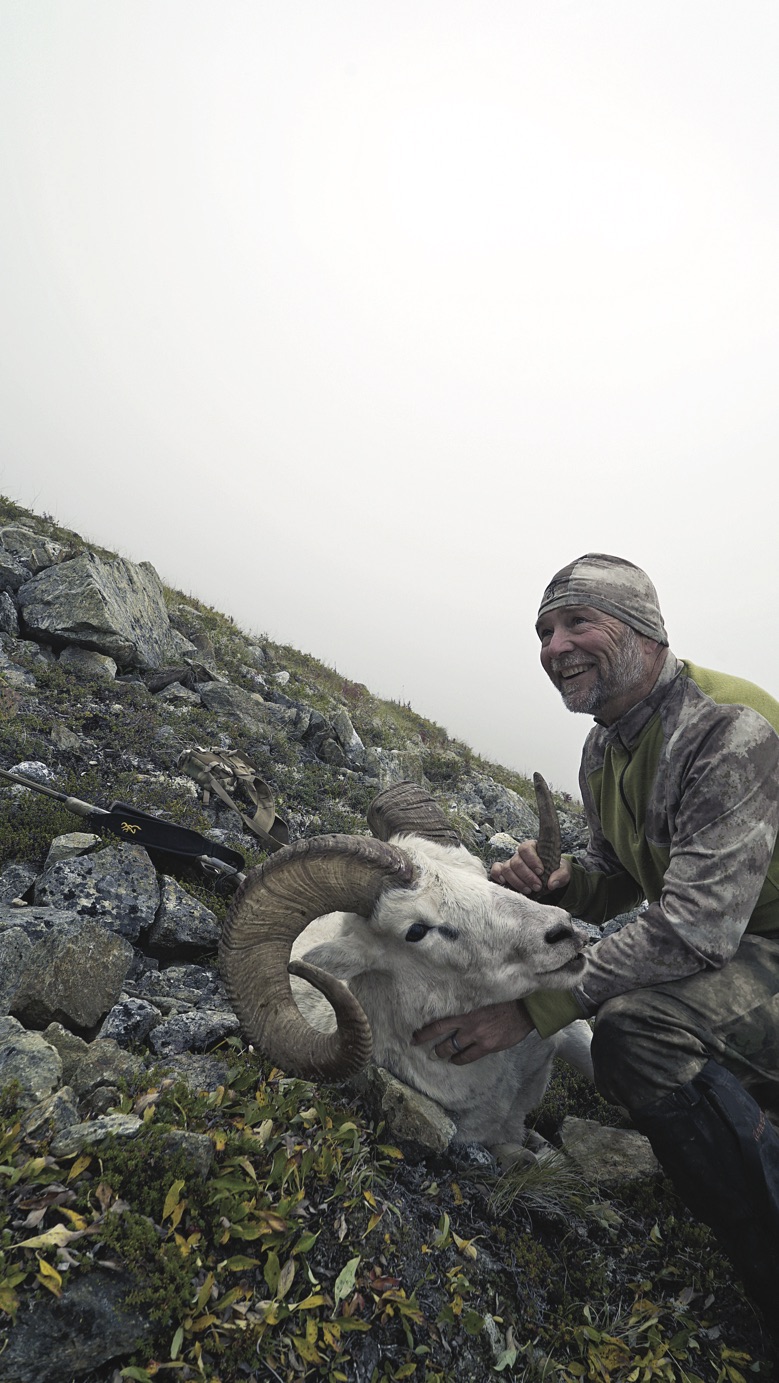
Getting a consistent 7-8 hours of sleep each night is arguably the most important thing you can do to improve your health. All of the body's systems repair and reset while you sleep. There are thousands of research studies proving that quality sleep improves tissue repair, athletic performance, concentration, and your immune system. On the contrary, there are an equal number of studies that link the lack of quality sleep to obesity, heart disease, depression and Type ll diabetes. I will be the first to admit that I am a caffeine addict and refused to believe that my late-afternoon espresso was impacting my sleep. My wife (who is a sleep expert) threatened to beat me if I didn’t cut back and…well…she was right, as usual. Within weeks I was waking up more rested and felt stronger all day.
Stronger People are Harder to Kill
I heard a statistic today from a digital media expert that 40% of the information on the internet is false. I have no idea how that can be proven, but when it comes to health and wellness, I would believe it. Internet marketers know that folks over 45 have more disposable income and when they become concerned about their health, they are willing to spend money on quick fixes. Be leery of any products that promise results in two weeks. Depending on your starting point, it will take two months to feel and see a difference and maybe two years to reach your goals. But this is a long-term investment. Wilderness Athlete founder Mark Paulsen coined a phrase that is pure gold for hunters: “The most important piece of equipment you own is…you.”


